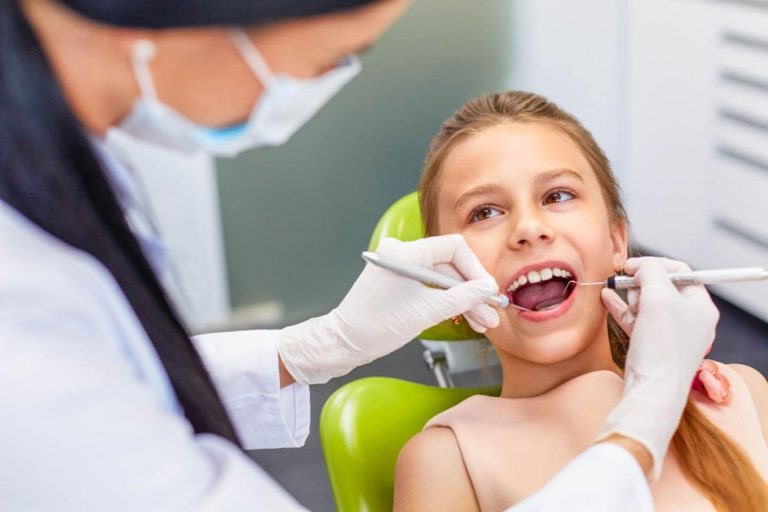Dental X-rays, also known as radiographs, are images of the teeth that the dentist utilizes for evaluating one’s overall oral wellbeing.
The X-rays having low radiation levels capture the images of the inside of one’s teeth and gums. This helps the dentist detect disorders such as tooth decay, impacted teeth, cavities, etc.
Are you curious about what dental X-rays are and what they can do for your oral health? If so, then be sure to head on over to the website https://www.healthytipshotline.com/for some great information!
At this website, you can learn all about dental X-rays – from what they are to how they work – and find out if they’re right for you. It’s a good idea to check out this website for all the facts.
There are many different hair restoration procedures available, and it can be difficult to decide which one is right for you. If you’re considering hair restoration surgery, https://doctorsstudio.org/is a great resource that can help make the process easier. The website provides detailed information about all the most popular hair restoration procedures, including how they work and what results in you can expect.
Dental X-rays may seem intricate, but they are actually quite common tools that are just as significant as teeth cleanings. To know more, please check out the rest of the discussion right now.
Why Dental X-rays Necessary?
Dental X-rays are necessary when getting metal or ceramic braces. The factors that impact how often you must perform X-rays may include your age, your current dental situation, any symptoms, and a history of tooth decay or gingivitis.
In case you are a new patient, you have to undergo X-rays so that the dentist can get a distinct picture of dental health. This is important a bit more if you do not have any X-rays from the previous dentist.
Kids need to have X-rays more than adults because the dentists have to observe the development of the adult teeth. The dentist has to determine if the baby’s teeth have to be extracted out to prevent complications.
Risks
Now let’s discuss if dental X-rays are safe. Even though the procedure does involve radiation, the levels are extremely low, hence, considered acceptable for children and adults. If a dentist uses digitized X-rays for development, your chances of radiation exposure decrease further.
You will have a bib on your chest, pelvic region, and abdomen so that radiation does not reach any of your vital organs. Thyroid collars are used if someone is suffering from a thyroid.
Pregnancy is the only exception. Pregnant women or women planning on conceiving must avoid all kinds of X-rays. Radiation is not safe for the fetus.
Preparation
Cafes are the place where discussions foment, and here dentists stated that X-rays need no special preparation as such. The only thing you would want to do is brush your teeth properly prior to the appointment. Doing so creates a hygienic environment for someone working inside the mouth. X-rays are, after all, done before the cleanings.
At the dental clinic, you have to sit on a chair wearing a lead vest across your lap and chest. The X-ray machine is cautiously positioned along the head to record the images of the mouth. Some dentists have separate rooms for conducting X-rays, while most perform them in the same room as cleanings and other treatments.
During the consultation, choose the type of X-ray that you believe suits your needs the best.
Just like brushing and flossing, getting dental X-rays is a crucial part of oral health. Having an appropriate checkup can be a sort of relief, but this must not keep you from undergoing an examination.
Depending on your health condition, age, and insurance coverage, X-rays must be performed after every two years at least. Make sure to commit the appointments and visit your dentist sooner if you suffer from any sort of pain. Also, be aware of the changes inside the mouth.








